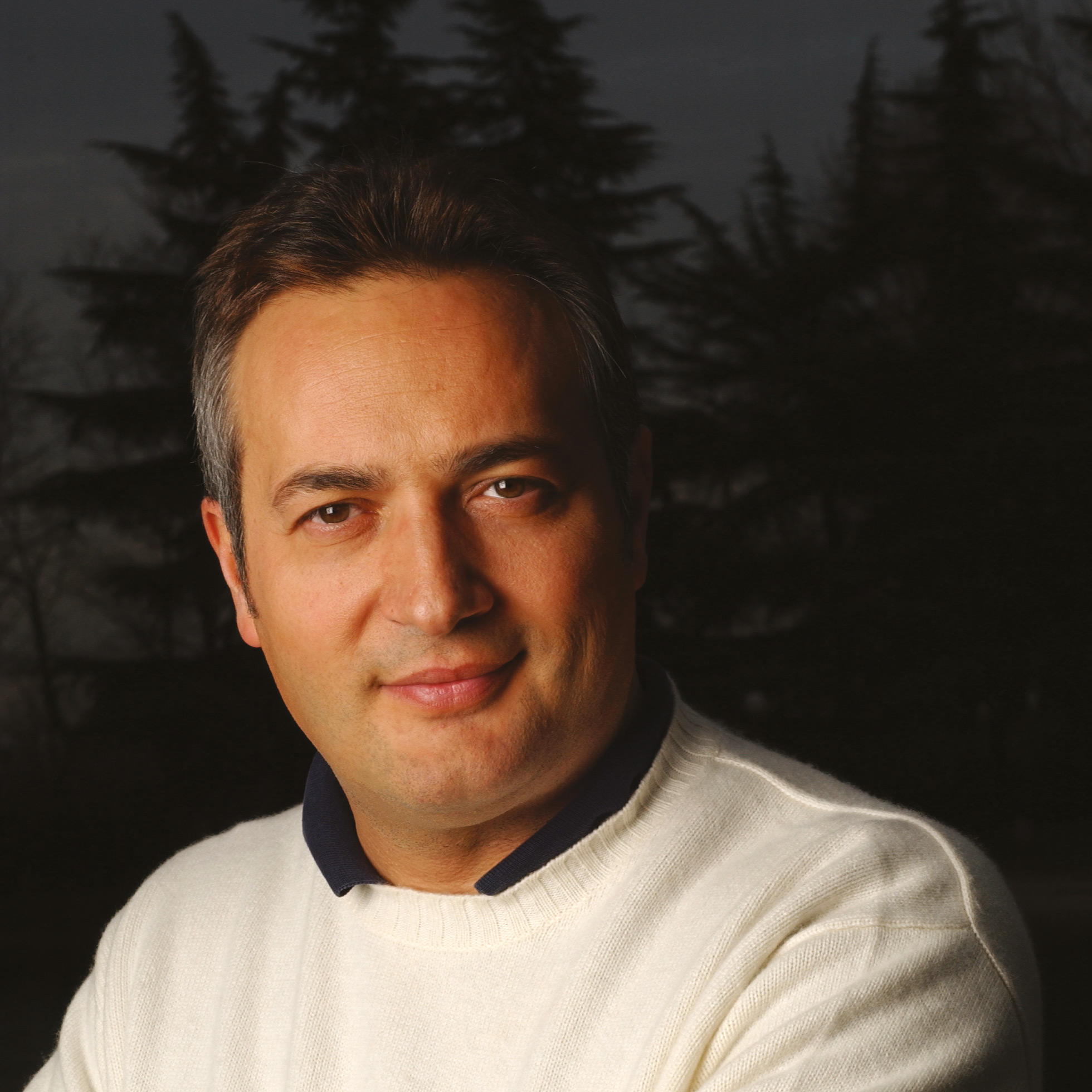Italian football is still reeling from Sunday night’s shocking events at the Franchi Stadium in Florence during the Fiorentina-Inter match. A 22-year-old player suddenly collapsed, prompting panic on the field. Teammates rushed to help, with Cataldi turning the young man’s tongue to clear his airway. Medical staff arrived swiftly, a defibrillator was brought from the ambulance, and the player was placed in a medically induced coma at the hospital, his life saved. Today, Edoardo Bove, a Roma-born player on loan to Fiorentina, is joking with his teammates via video call, encouraging them to take the field tonight for the Coppa Italia match. As I write, the team is preparing to step onto the very pitch where the incident occurred. Life moves on, sports continue, and the show must go on. That’s how it should be—but the questions linger.
Is it truly impossible to predict such incidents, sometimes tragically fatal, in young athletes who undergo constant monitoring? While we await medical updates on what happened to Bove and the potential impact on his career, voices are once again pointing to the issue of overburdening players. The global players’ union has raised concerns about the sheer volume of matches and tournaments. Yet football, an expensive spectacle, relentlessly seeks more revenue and broadcasting rights. This morning, I read about the convoluted format of the Club World Cup, which next summer will monopolize the early months of the off-season, as if it were a European Championship or World Cup. In Italy, matches are scheduled even during Christmas, and in early January, four teams will head to Saudi Arabia to compete for the Italian Super Cup. The irony of the tournament’s name aside, the lucrative deals help patch the debt-ridden finances of Italian clubs.
This endless cycle of demands feeds itself, and it’s unclear where to start breaking the loop. While no direct cause-and-effect link can be proven between Bove’s collapse and the congested calendar, suspicions persist. Rising injury statistics add to the unease. Clubs now spend hundreds of millions on players who are often sidelined, barely justifying their price tags. It’s curious that football remains resistant to the buzzword of our times: sustainability. Milan Kundera might well have said it best—football suffers from the unbearable lightness of the ball.


